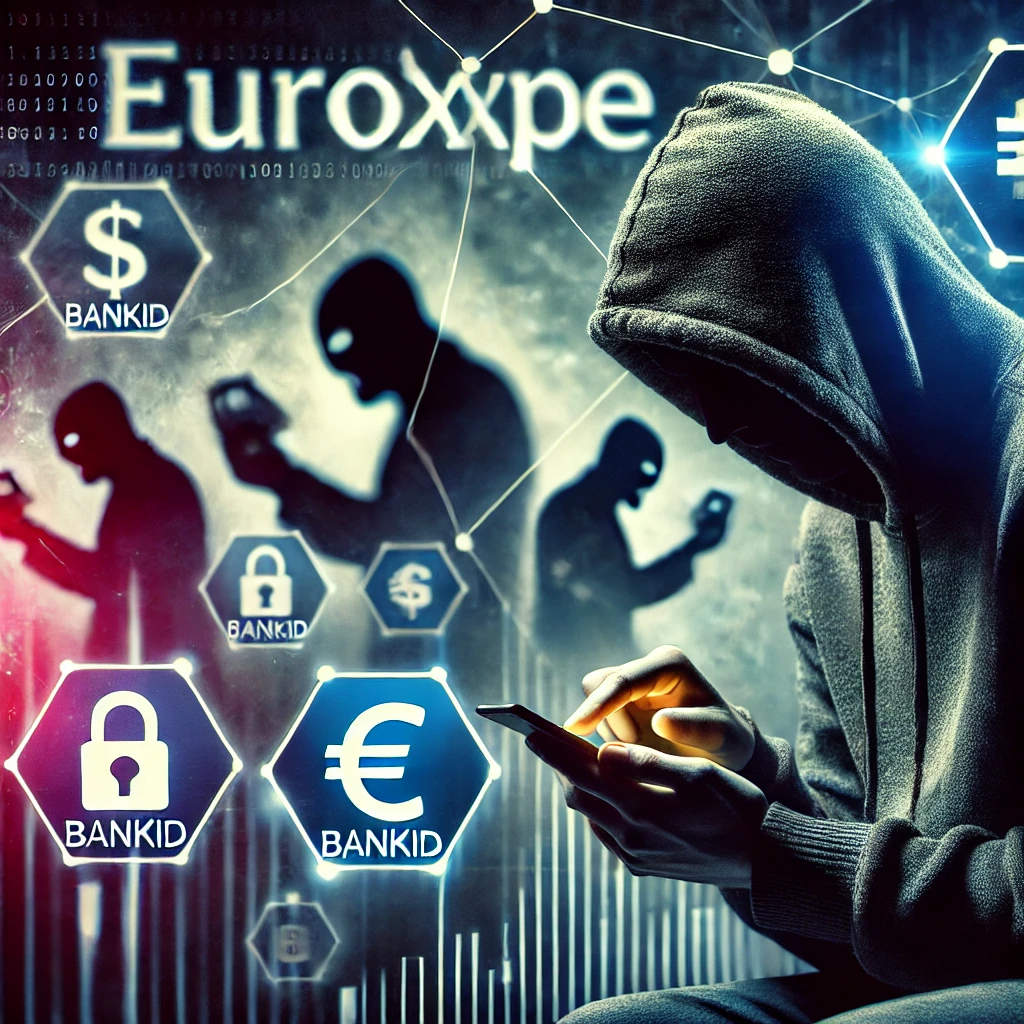Sweden, once hailed as one of the safest countries in the world, is now grappling with a surge in digital crime. The nation’s shift towards a cashless society, while convenient, has inadvertently opened doors for sophisticated fraudsters. The experiences of individuals like Ellen Bagley, a 20-year-old from Linköping, illustrate the growing threat. Bagley’s excitement over her first sale on a second-hand clothing app quickly turned to dismay when she discovered she had been scammed out of 10,000 Swedish kronor (approximately $1,000).
The incident began innocently enough: Bagley received a direct message on the platform, prompting her to verify personal details to complete the sale. Trusting the familiar process, she clicked a link that launched BankID, Sweden’s ubiquitous digital authorization system. After encountering a series of error messages, Bagley realized something was wrong, but it was too late. The money had already been siphoned from her account.
Despite its secure reputation, BankID has become a tool for criminals. “The fraudsters are so skilled at making things look legitimate,” Bagley lamented. This sentiment echoes the growing concern among Swedes who find themselves increasingly vulnerable to online fraud. In 2023 alone, criminals netted 1.2 billion kronor through digital scams, doubling the figures from 2021. Law enforcement estimates the size of Sweden’s criminal economy could be as high as 2.5% of the country’s GDP.
Swedish authorities are caught in a delicate balancing act. On one hand, they must tighten security measures to curb digital crime; on the other, they must avoid stifling economic activity. Daniel Larson, a senior economic crime prosecutor, highlights the challenge: sophisticated fraudsters exploit fake companies and forged documents to tap into Sweden’s welfare system, turning the country into a “Silicon Valley for criminal entrepreneurship.”
While gang-related gun violence dominates headlines, Larson stresses that economic crime fuels such activities and warrants equal attention. The surge in armed robberies in the 1990s prompted Sweden’s switch to electronic cash. By 2022, only 8% of Swedes reported using cash for their latest purchase. However, this digital shift has inadvertently facilitated economic crime, with systems like BankID playing a significant role.
Originally launched in 2001, BankID has become ingrained in Swedish life, used for everything from filing tax returns to paying for bus tickets. Despite its convenience, its widespread use has led to complacency among users, diminishing its effectiveness as a security measure. “It ends up not really being a security measure, but just another step in using a website,” Bagley noted.
The issue extends beyond consumer scams. Government agencies have adopted BankID to streamline processes, but this has also enabled fraudsters to set up fake companies and launder money. Such schemes allow organized criminals to transform illicit earnings into legitimate income, even qualifying for state pensions based on fraudulent earnings. Reported cases of benefit fraud have doubled in the past decade, prompting the government to establish a new agency dedicated to tracking erroneous welfare payments.
Sweden’s journey towards a cashless society has undoubtedly transformed daily life, but it also underscores the pressing need for robust digital security measures. As the country navigates this digital frontier, balancing convenience and safety remains paramount.

